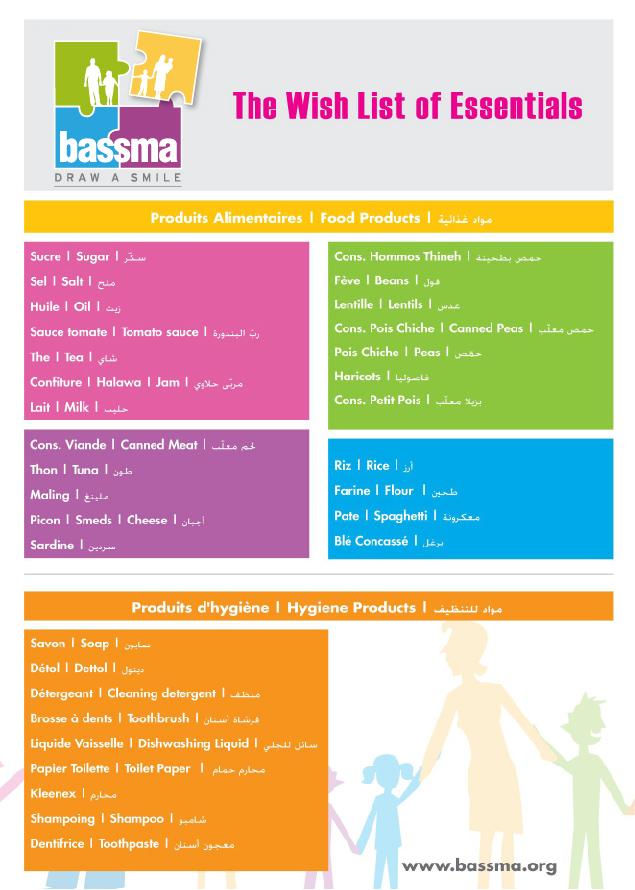source: iloubnan.info
BEIRUT | iloubnan.info, with agencies - September 28, 2012, 17h44
Nearly 30% of gastroenteritis-related hospitalizations among children under five in Lebanon are due to Rotavirus, according to first local cross-city study on the disease. One-year study covering over 500 children in Beirut, Tripoli and Sidon highlights need for implementing nationwide Rotavirus vaccination as recommended by World Health Organization.
Beirut, 28 September 2012: The first ever study to be conducted in Lebanon to assess the prevalence and impact of Rotavirus on children under five years old has concluded that the disease can be attributed to 27.7% of Gastroenteritis-related hospitalizations among that age-group, with more than seventy five percent of cases observed in children under two years old.
The one-year study – conducted at the American University of Beirut Medical Center by Dr. Ghassan Dbaibo, Hotel Dieu de France by Dr. Raymond Mikhael and Dr. Elie Choueiry, Makassed Hospital by Dr. Mariam Rajab, Tripoli’s Nini Hospital by Dr. Adlette Inati, and Sidon’s Hammoud Hospital by Dr. Ghassan Baasiri – aimed to determine the local burden of Rotavirus, which is the leading cause of severe diarrhea among young children worldwide, causing nearly 611,000 annual deaths.
Between 2001 and 2008, nearly 40% of diarrhea-associated hospitalizations observed in children under five around the world were attributed to Rotavirus infection. In developing countries, over 95% of children reported at least one Rotavirus-related episode by the age of five.
“Though the disease is transmitted through oral means and poor hygiene, studies have shown that improvements in sanitation and public hygiene had minimal effects in reducing the Rotavirus disease burden,” said Dr. Ghassan Dbaibo, Director of the American University of Beirut Medical Center’s Center for Infectious Diseases Research.
“Therefore, vaccination has been considered as a priority against Rotavirus diseases, with the World Health Organization recommending in 2009 that vaccination for infants should be included into all national immunization programs,” added Dr. Joe Haddad, President of the Union of Middle Eastern and Mediterranean Pediatric Societies.
“In Lebanon, vaccination is still not part of the national health immunization program and only subject to individual decisions of the physician/parents,” explained Lebanese Pediatric Society President Dr. Imad Chokr.
“Comprehensive data is lacking in Lebanon and many Arab countries with regard to Rotavirus vaccination coverage, but it is estimated that no more than 30% of newborns are vaccinated in Lebanon," added Dr Bernard Gerbaka, Head of the Pediatric Department at Beirut's Hotel Dieu University Hospital and chair of Infovac-Liban.
Vaccination against Rotavirus is oral and optimal protection can be obtained if the schedule is completed as early as possible, as 18% of hospitalized cases are in children below 6 months old.
Worldwide, diarrhea is the second leading cause of deaths in children, with Rotavirus being the most common diarrheal pathogen irrespective of the country’s level of development. Severe Rotavirus gastroenteritis can lead to severe dehydration, Metabolic acidosis, Electrolyte imbalance, Circulatory collapse and Death.
Clinical intervention against Rotavirus-related Gastroenteritis symptoms includes rehydration therapy and hospitalization. The disease is responsible for two million hospitalizations worldwide, costing the European Union more than 91 million Euros per year.
image: www.news-medical.net














